A moment of public shame in a rural Kenyan bank branch became the spark that transformed Equity Bank into one of Africa’s most inclusive financial powerhouses.
Dr. James Mwangi, the institution’s long-serving CEO, revealed in a recent podcast interview how his mother’s humiliation shaped a corporate philosophy that now serves over 18 million customers across six countries.
Speaking on the Transcending Boundaries podcast hosted by Reeta Roy, President and CEO of the Mastercard Foundation, Mwangi recounted the day his mother, Grace Wanjiru Mwangi, who had never experienced formal education, approached a bank counter to withdraw funds.
The teller reacted by shouting over the counter, “Grace Wanjiru Mwangi, there’s no money!” before flinging her withdrawal slip across the counter because the account had been marked as empty due to delayed tea payments.
“That humiliation my mother endured before me helped develop the corporate philosophy of Equity when I took over; dignity came before financial services,” Mwangi said.
The incident opened Mwangi’s eyes to the systemic barriers that kept millions of Africans excluded from formal banking and swift access to formal services.
Also Read: Breakdown of Equity Bank’s 13,000 Employees Across Six Countries
Banking Restrictions
Mwangi explained that during this time, numerous measures were implemented to restrict access to funds, effectively barring customers from withdrawing their funds at any time they needed them.
A bank customer needed to be introduced by an existing account holder, which was a significant hurdle for local communities where banking was a rare occurrence.
To address this, the CEO asserted that a national identity card (ID) was sufficient proof of identity and introduced a system that allowed individuals to access banking services using their ID alone.
“If the Kenyan government has given you an ID, it knows you,” he reasoned.
He eliminated minimum balance requirements and monthly ledger fees that punished the poor for saving small amounts, almost making saving a futile effort since it resulted in banking a net loss
Withdrawal restrictions that were in place, such as requiring a customer to withdraw cash only weekly or issue a 14-day notice for larger sums, were scrapped, as this portrayed the bank as having more control over the money than the owner.
“It’s your money,” Mwangi insisted, recognizing that customers needed immediate access for daily survival, emergencies, or fueling business opportunities.
Also Read: Equity Bank CEO Receives Global Award, Joins Exclusive Club of Nelson Mandela and Winston Churchill
Relieving Adjustments
Mwangi understood fully what locals were going through and what they exactly needed, from the incident he had encountered earlier.
The changes signaled a shift from a bank that dictated terms to one that understood the elite and respected the lived experiences of its customers, locals, and all individuals without discrimination.
Mwangi’s reforms transformed Equity from a near-insolvent entity into one of Africa’s largest and most impactful financial institutions with assets exceeding KSh 1.5 trillion.
Technology and Achievements
This deep understanding led to innovations that brought banking to the people, rather than expecting the people to travel to the bank structures.
He introduced the “mobile on four wheels” initiative, deploying Land Rovers as mobile bank branches to remote areas, serving a cost-cutting role on transport and time that had made banking inaccessible to most locals.
To supplement this, Equity also launched an agency banking model that turned trusted local shopkeepers into banking agents, a move initially resisted by the Central Bank of Kenya but ultimately approved after Mwangi insisted and demonstrated the shopkeepers’ existing role as community financial intermediaries.
In 2014, Equity leveraged technological advancements to make banking easier and more accessible, launching Equitel, a mobile virtual network operator.
This model integrated banking services directly into the SIM cards of basic feature phones, a platform that bypassed smartphone requirements and reached millions who were previously excluded by digital divides.
Mwangi’s empathy extended beyond transactional banking to addressing broader societal needs.
Follow our WhatsApp Channel and X Account for real-time news updates
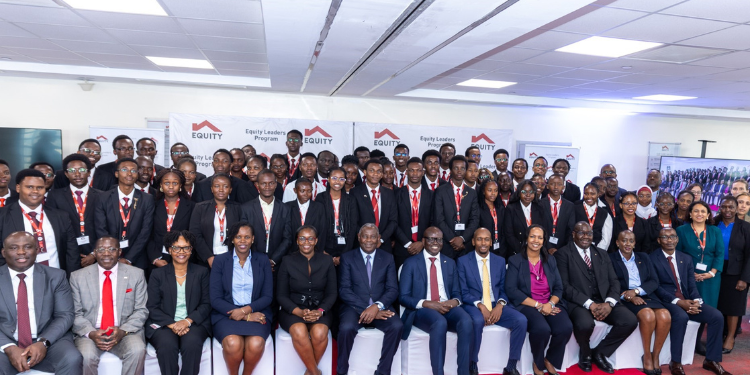



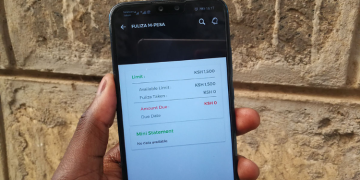

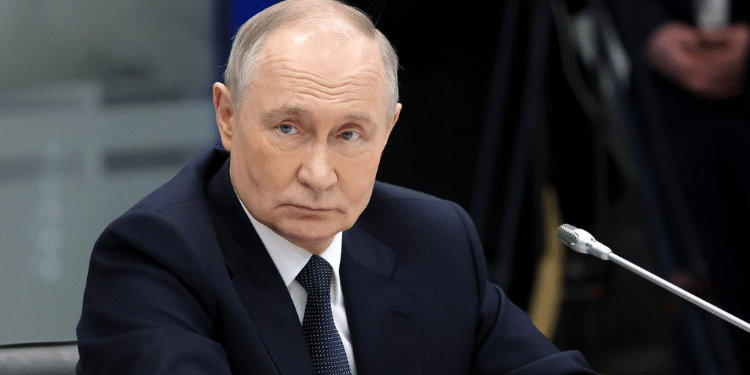













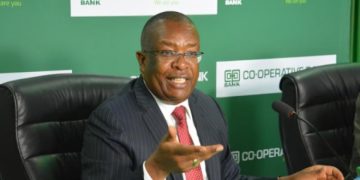
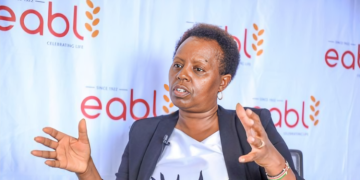
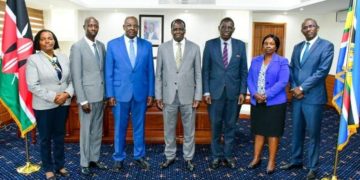
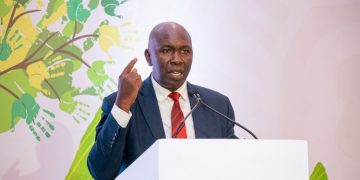
































![Senator Allan Chesang And Chanelle Kittony Wed In A Colourful Ceremony [Photos] Trans Nzoia Senator Allan Chesang With Channelle Kittony/Oscar Sudi]( https://thekenyatimescdn-ese7d3e7ghdnbfa9.z01.azurefd.net/prodimages/uploads/2025/11/Trans-Nzoia-Senator-Allan-Chesang-with-Channelle-KittonyOscar-Sudi-360x180.png)


















